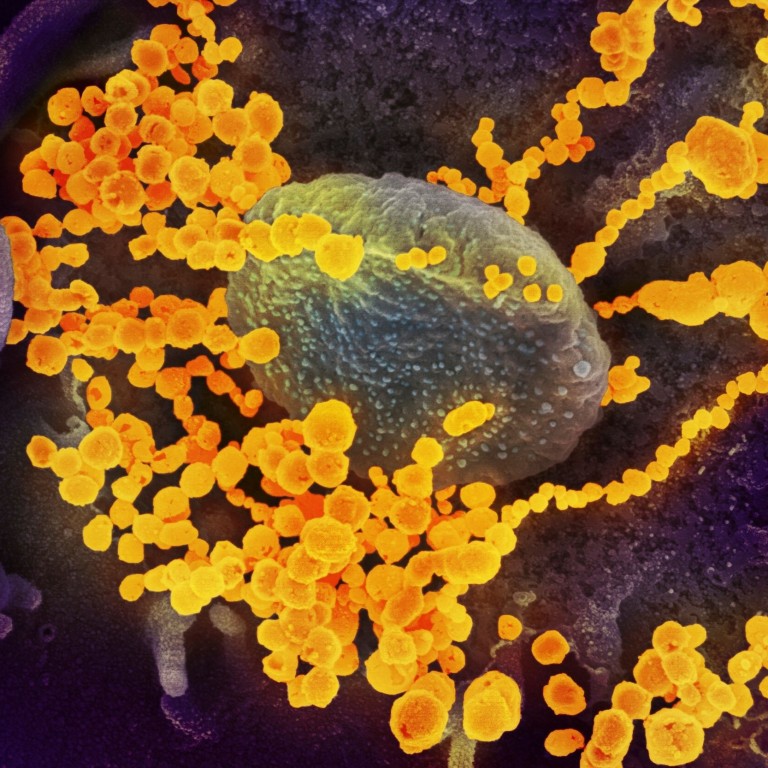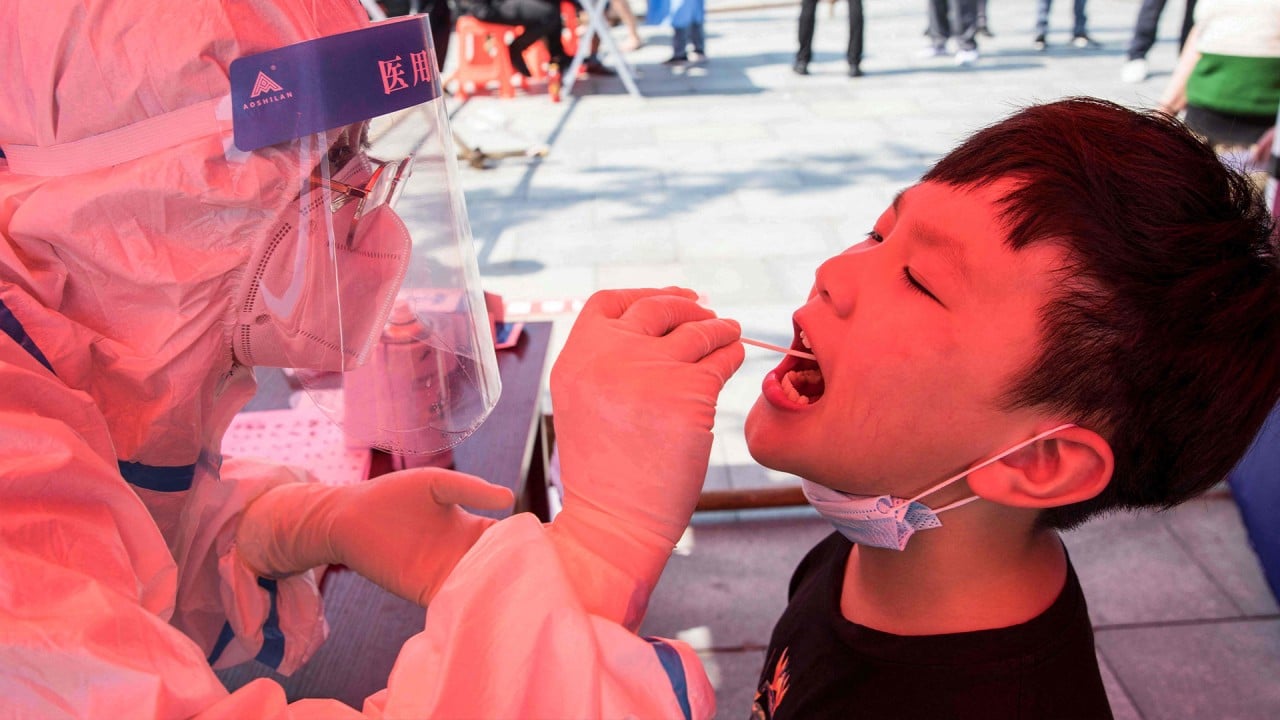
Learn to live with mutating coronavirus, top Chinese virologist says
- Shi Zhengli adds her voice to vaccination calls, saying new variants will continue to emerge
- Virus does not have unlimited potential to mutate, researcher says
In a report on Wednesday by Health Times, under state-run People’s Daily, Shi called on the public to not hesitate to get vaccinated.
“As the number of infected cases has just become too big, this allowed the novel coronavirus more opportunities to mutate and select. New variants will continue to emerge,” Shi said.

02:23
Covid-19 returns to China’s Wuhan as Delta variant spreads to 10 provinces
Bats are a natural reservoir of coronaviruses, and the closest relative to Sars-CoV-2 is a coronavirus first identified in horseshoe bats in a cave in Mojiang, in southwestern Yunnan province, by Shi and her team in 2013.
But genome sequencing shows only 96 per cent similarity, suggesting the viruses are decades apart in evolution.
Coronavirus: China steps up border controls in race to contain fast-spreading Delta variant
The coronavirus that causes Covid-19 was detected in the central Chinese city of Wuhan in late December 2019.
The early cases of what was then a mysterious pneumonia of unknown origin were mostly among workers and customers of the Huanan Seafood Wholesale Market. How the virus was introduced to the market remains unknown.
As the coronavirus continues to rage around the world, genetic variants have emerged and circulated.
The Delta variant was first identified in India in October and is the most infectious strain, spreading more aggressively than previous strains due to its higher viral load. It has caused a surge of cases across the globe, including in China where many cities are mass testing the population to curb its transmission.
According to the World Health Organization, at least 135 countries have reported cases of the Delta variant.
Professor Jin Dongyan, a molecular virologist with the University of Hong Kong, said he agreed with Shi that the public should be prepared to coexist with the virus “for a long time or forever”.
But Jin suggested that Sars-CoV-2 could eventually be eradicated like smallpox or polio as vaccines were improved. Even with more variants, Jin said it was important to note that the mutation rate of Sars-CoV-2 was lower than that for influenza and HIV-1.
“The virus does not have unlimited potential to mutate,” he said.
While the Covid-19 had become more transmissible, more mutations could follow as it continued to evolve – just like many other viruses.
“When it becomes best adapted, it could stabilise,” he said.
Coronavirus: China tries to contain Delta outbreak as ‘zero tolerance’ approach is tested
Meanwhile, Shi called on the scientific community to speed up with the development of new vaccines and medications to prevent upper respiratory infection against the virus.
Jin said there was room for improvement of available vaccines and work on a new generation of “mucosal immunity vaccines” was under way in a number of countries.
“The current vaccines are injected into our muscles and protect our lungs but have yet to able to neutralise infection with our upper respiratory system,” Jin said.
Ji said that as the virus continued to mutate, it was important for the public to expand their understanding of the disease and get vaccinated as soon as possible.

